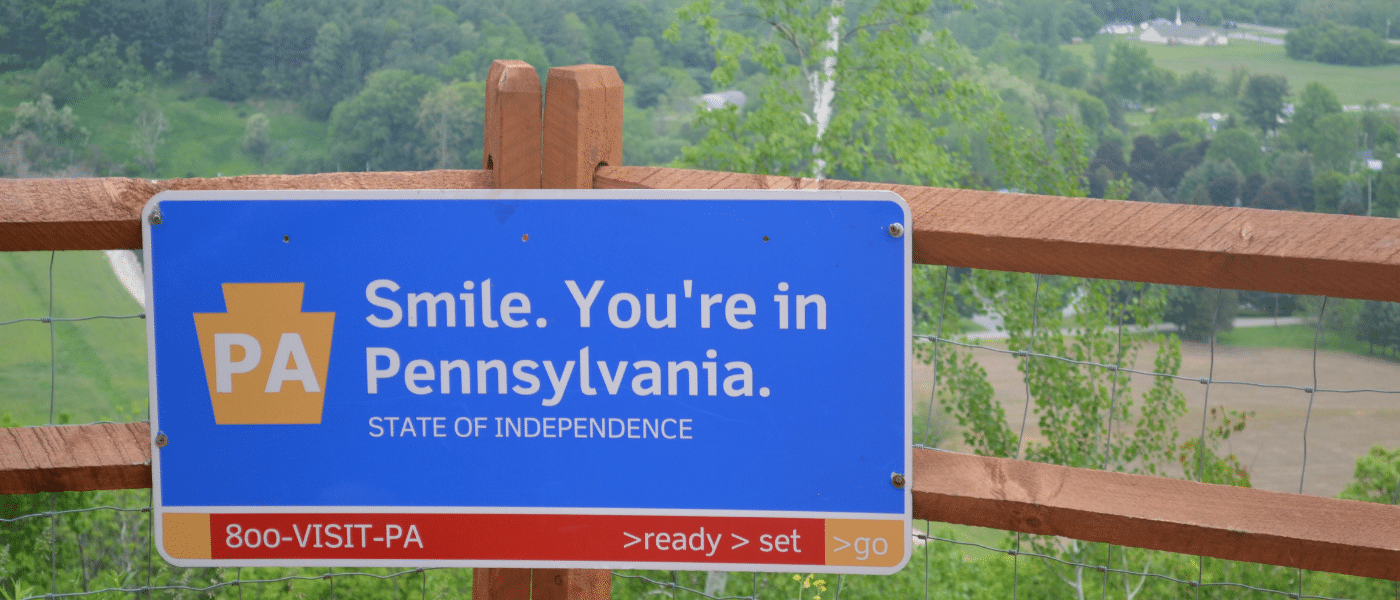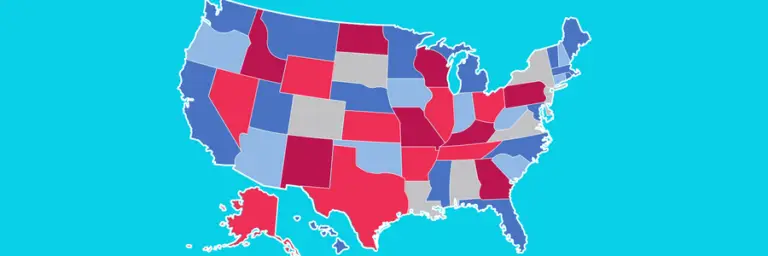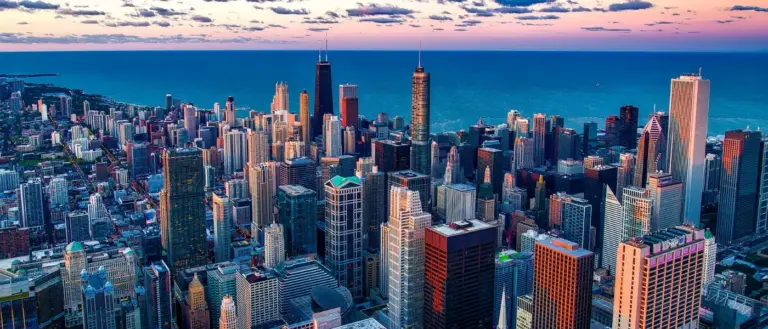GGPoker Approved By Pennsylvania Regulators

A new and somewhat surprising candidate to be Pennsylvania’s second legal online poker room has emerged, GGPoker.
As , NSUS Group, Inc., the parent company of GGPoker, previously applied to the Pennsylvania Gaming Control Board (PGCB) for an online gambling license. The application was approved on Wednesday, granting them an Interactive Gaming Manufacturer License. That license allows GGPoker to partner with a licensed Pennsylvania online casino/poker operator, and provide it with the platform to offer online poker and online casino games.
GGPoker PA Joins Familiar Company
PokerStars is the only active online poker operator in PA, but NSUS joins BetMGM Poker and 888 on the list of companies approved within the Keystone State with its new license. Just one state over in New Jersey, BetMGM is a part of the partypoker US network, while 888 is partnered with Caesars and the WSOP.com brand.
The license gives NSUS the capability to partner with an operator an online room and spread traditional casino games such as slots, blackjack, and roulette in addition to all poker-related games on its platform. But just because that’s the case does not mean the doors will open in the immediate future.
By law, Pennsylvania requires all online operators to enter into an agreement with an approved, land-based casino entity. BetMGM and 888 have landed their partners in Valley Forge and Harrah’s Philadelphia Casinos, respectively, yet neither has gone live. That leaves PokerStars Pennsylvania as the sole operator in the state via a partnership with Mount Airy Casino.
The license is the first in a line of steps needed to get to the eventual launch of the GG platform. Beyond that, the PGCB will also provide oversight into proof of such features as a fair random number generator (RNG) for card games and a secure means of transacting funds, both for deposits and withdrawals.
GGPoker Moving Onto The Scene
Launched in 2014, GGPoker is a younger company than the other prominent players in the online poker scene. Even as recently as early 2019, the GG Poker network was relatively unknown before eventually almost tripling in size during a 12-month stretch in 2019-2020.
During that time, GGPoker grew to become a player with the big names in the online poker world like PokerStars and partypoker. They also forged a partnership with the World Series of Poker (WSOP) for an international 54-event online bracelet series in light of COVID-19 preventing a live series from taking place. That series was capped off by a multi-flight $5,000 Main Event for the largest prize pool in online poker history ($27,559,500).
When GGPoker launched, Black Friday was already three years in the rearview mirror for Americans. Its newness likely played heavily into its licensure, as the network has no history with the American market pre-legalization.
Incentives In The Race To Number Two
As mentioned, GGPoker is now the third major operator to be approved in Pennsylvania yet to bring their product to market. That raises the question, which operator will launch next?
In an , 888’s Yaniv Sherman pointed to a summer launch for WSOP.com’s Pennsylvania platform.
Not much is known about partypoker-BetMGM’s poker plans, but the PCGB confirmed to PokerFuse that no soft launch had been scheduled for the partypoker US Network.
There are incentives to launch a legal online poker room in Pennsylvania beyond taking advantage of the nation’s fifth-most populous market of nearly 13 million residents. A recent court ruling dealing with the interpretation of the Wire Act has eased concerns about interstate online poker networks. On top of that, Michigan online poker sites are up and running, doing so with an allowance for interstate online poker written right into the word of law.
With a population of 10 million, Michigan is a solid online poker market. Right out of the gate, it has overtaken its online poker peers as the most trafficked legal online poker market in the US. The expectation is Michigan and Pennsylvania will join New Jersey, Nevada, and Delaware in the Multi-State Internet Gaming Agreement (MSIGA), creating an even bigger and more desirable market for its players.





